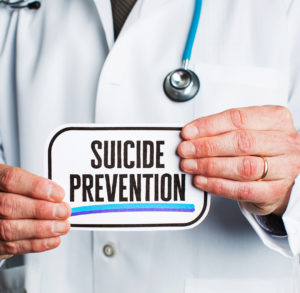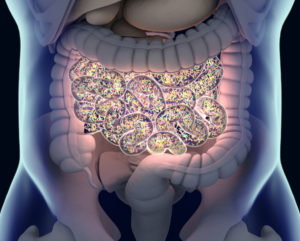 As parents, we do our best to make sure that our children eat healthy when they are with us. This includes preparing well-balanced meals for them and saying “no” when they want to overindulge on junk food.
As parents, we do our best to make sure that our children eat healthy when they are with us. This includes preparing well-balanced meals for them and saying “no” when they want to overindulge on junk food.
Keeping an eye on what our kids eat can be a difficult enough task when they are in our presence, but the task is even harder when they aren’t – like when they are in school.
Most children spend an average of six hours a day in school. It is estimated that they consume half of their daily caloric intake while at school, therefore it is important to make that they receive proper nutrition during this time.
Data from the Centers for Disease Control (CDC) indicates that childhood obesity is a growing problem in the United States. The number of children and teens classified as obese has tripled since the 1970s and it is now estimated that one out of every five school-age children in the U.S. fits this criteria.
September is National Childhood Obesity Awareness Month and Jamaica Hospital wants to raise awareness about this growing problem and the serious consequences associated with it. Obesity puts children at greater risk of developing many other chronic health conditions and diseases, such as asthma, sleep apnea, bone and joint problems, and type 2 diabetes. They also have more risk factors for heart disease, high blood pressure and high cholesterol. Children with obesity can be bullied and teased more than their normal-weight peers and they are also more likely to suffer from social isolation, depression, and lower self-esteem.
The good news is the childhood obesity is preventable. One way to reduce your child’s chances of becoming obese is to make sure they eat healthy at school. So, whether your child packs lunch or their school provides lunch for them, there are a few things you can do to make sure they are eating healthy during the school day.
SCHOOL LUNCH TIPS
If your child opts to receive the school provided lunch, do your homework and make sure their school is offering a healthy menu. Many school districts across the country have changed their lunch menu to meet the United States Department of Agriculture’s (USDA) standards. This includes providing children with the appropriate food portions with a concentration on more fruits and vegetables, increased whole grains and fat-free or low-fat options.
Also, check your school’s website as it often lists the menu for the month. If your child is a picky eater or has food allergies, knowing in advance what days he or she may not eat school lunch will help you prepare an alternate plan. If getting out the door in the morning is a problem, consider signing your child up for school breakfast too as starting the day off with a good breakfast has many benefits.
PACKING LUNCH TIPS
If your child prefers to bring lunch from home make sure to have a variety of healthy options at home for them to bring to school. This includes fresh fruits and vegetables, lean proteins, and snacks with reduced saturated fat, trans fat and sodium. Sometimes coming up with healthy options can be a challenge; if so, there are many websites that offer a variety of ideas for parents of even the most finicky eaters.
To help ensure that you plan wisely, avoid packing lunches in the morning when you might be in a rush. Instead, try preparing them the night before when you have more time to select the healthiest options. It is also important to make sure to have foods packed at appropriate temperatures. This may include inserting ice packs for yogurt or other dairy items or a thermos for chicken soup or other hot lunch options.
It is important to remember that whether parents choose to have their children buy school lunch or pack a lunch for them, they need to set a good example in the home by eating healthy themselves. Parents should also take the time to teach their children about what foods are healthy and why it is important to maintain a well-balanced diet.
Working together with your school system, you can ensure that your child will receive the proper nutrition this school year, which will benefit both their body and their mind.
All content of this newsletter is intended for general information purposes only and is not intended or implied to be a substitute for professional medical advice, diagnosis or treatment. Please consult a medical professional before adopting any of the suggestions on this page. You must never disregard professional medical advice or delay seeking medical treatment based upon any content of this newsletter. PROMPTLY CONSULT YOUR PHYSICIAN OR CALL 911 IF YOU BELIEVE YOU HAVE A MEDICAL EMERGENCY.





